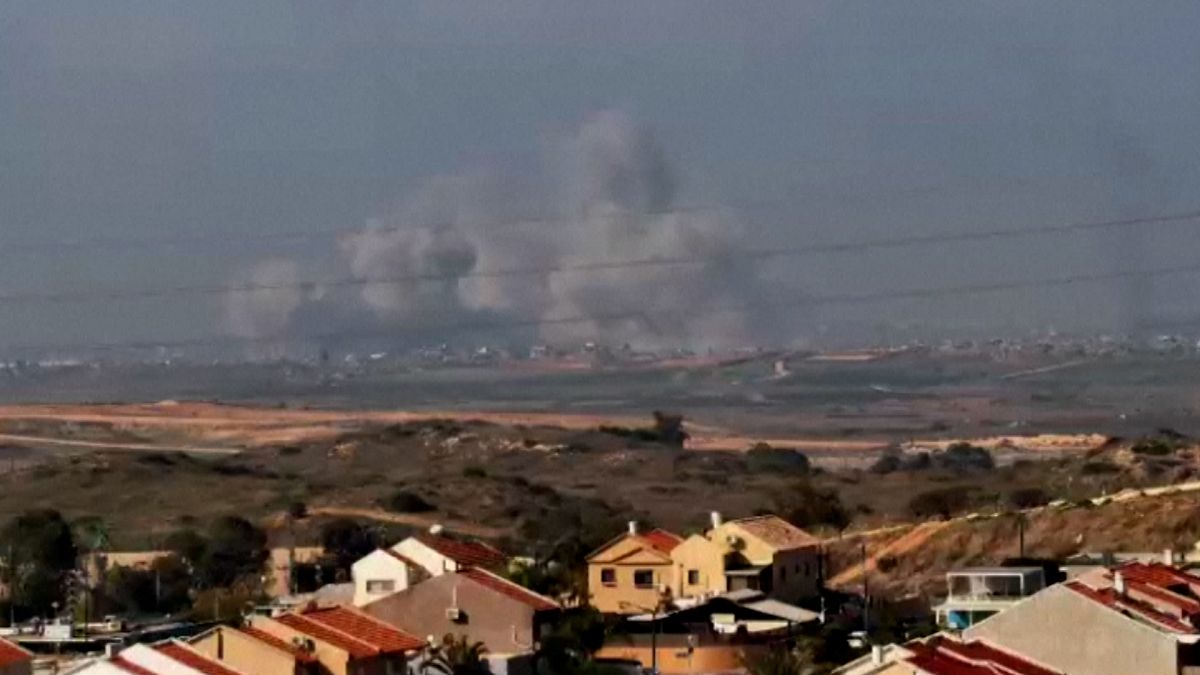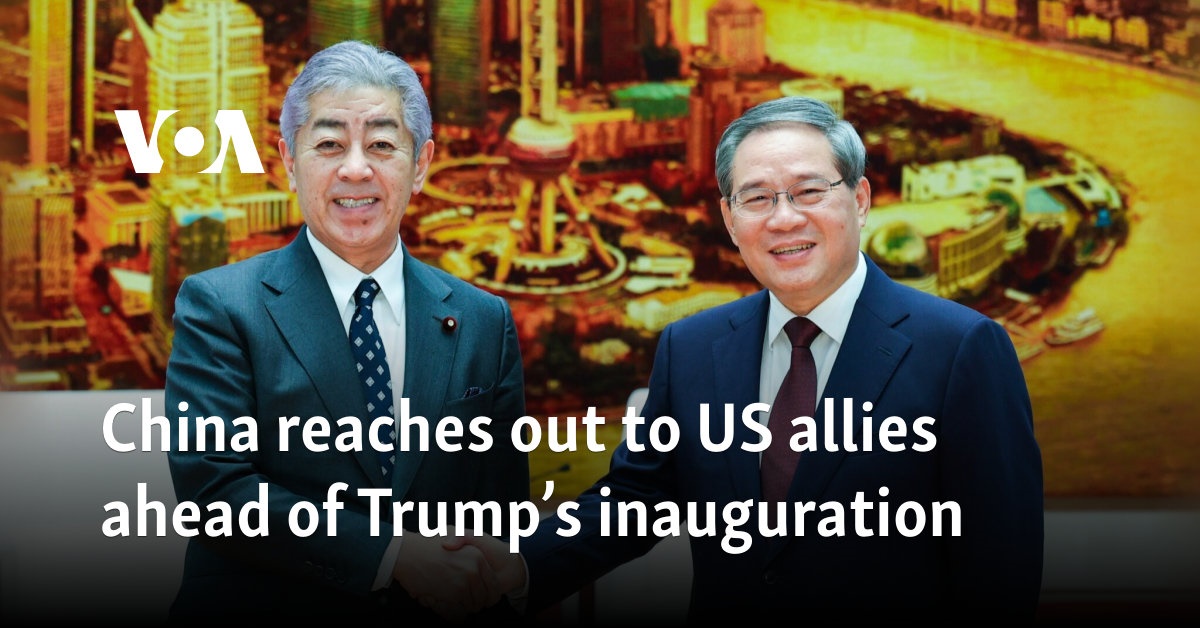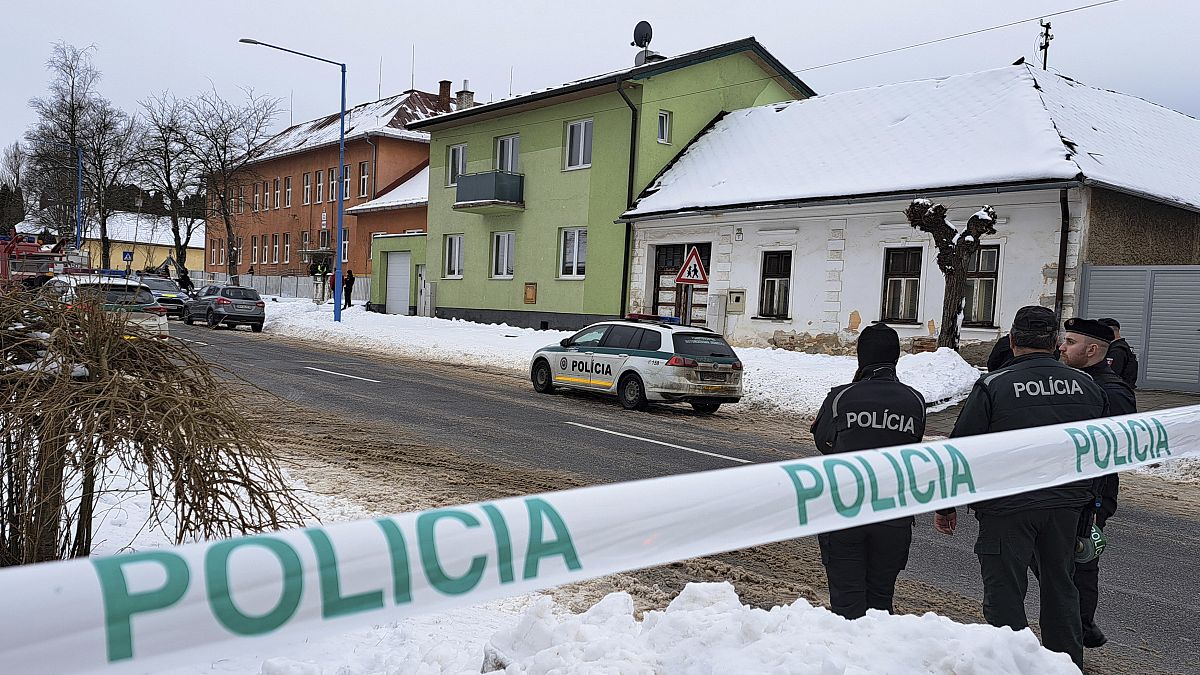At the end of his one-term presidency, Joe Biden announced that Cuba will no longer be included on a list of state sponsors of terrorism.
Cuba has freed more than a dozen political prisoners shortly after outgoing US President Joe Biden announced he was taking the country off Washington’s state sponsors of terrorism list.
The prisoners were released from Cuban jails on Wednesday, according to civil groups on the island. The Cuban Observatory of Human Rights said 18 people had been freed by 4pm EST (10pm CET).
Some had been arrested in 2021 during the largest anti-government demonstrations seen in Cuba for several decades.
Reyna Yacnara Barreto Batista, a 24-year-old tattoo artist who was sentenced to four years in prison for her involvement in the 2021 protests, was among those freed on Wednesday. “I am at home with my mother,” she said. “The whole family is celebrating.”
The releases came the day after Biden said he would end Cuba’s terrorism designation, a move negotiated with the help of the Catholic Church and welcomed by the authorities in Havana — but one that could yet be reversed by Donald Trump after his inauguration on 20 January.
Although US officials indicated that the deal was always intended to involve the release of political prisoners, Cuba has avoided confirming there is a link.
Hours after Biden’s announcement on Tuesday, the Cuban Foreign Ministry said it would “gradually” release 553 convicts.
However, it said the decision to free hundreds of inmates was made “in the spirit of” the this year's Ordinary Jubilee, a Catholic Church tradition that is held every quarter of a century to promote the forgiveness of sins.
Bruno Rodríguez, Cuba’s foreign minister, did not comment publicly on the releases. However, he said on Wednesday that the US terrorism designation had caused “tremendous damage” to the island, which “cannot be undone”.
“It has been proven that this list is not a tool or instrument in the fight against terrorism, but rather a brutal and mere tool of political coercion against sovereign states,” he claimed.
Biden’s decision was hailed by other Latin American leaders, including Colombia’s president Gustavo Petro. “Lifting blockades, even partially, is a great step forward,” he said.
Cuba still faces ongoing US sanctions, including a decades-long economic embargo of the island.
Some think Cuba should never have been on the terrorism list, whose other designees include Iran, North Korea and Syria.
The island’s terrorism designation was removed by Barack Obama during brief rapprochement between the two countries, but was reinstated by Trump.
“The statute that creates the terrorism list specifies giving material support to terrorists or harbouring terrorists who are actively engaged in terrorism while you are harbouring them,” William M LeoGrande, a Cuba expert at American University, told the New York Times earlier this week. “Cuba just hasn’t done those things.”
Trump's return to the White House has raised fears of a more hardline approach to Cuba’s communist government.
Marco Rubio, Trump’s pick for secretary of state, whose family fled Cuba in the 1950s before Fidel Casto's revolution, told the Senate on Wednesday that the state was at the point of disintegration.
“The moment of truth is arriving. Cuba is literally collapsing,” he said, adding that around 10% of the country’s population had emigrated in the past two years alone.

 By Euronews | Created at 2025-01-16 13:01:48 | Updated at 2025-01-16 17:06:24
5 hours ago
By Euronews | Created at 2025-01-16 13:01:48 | Updated at 2025-01-16 17:06:24
5 hours ago








